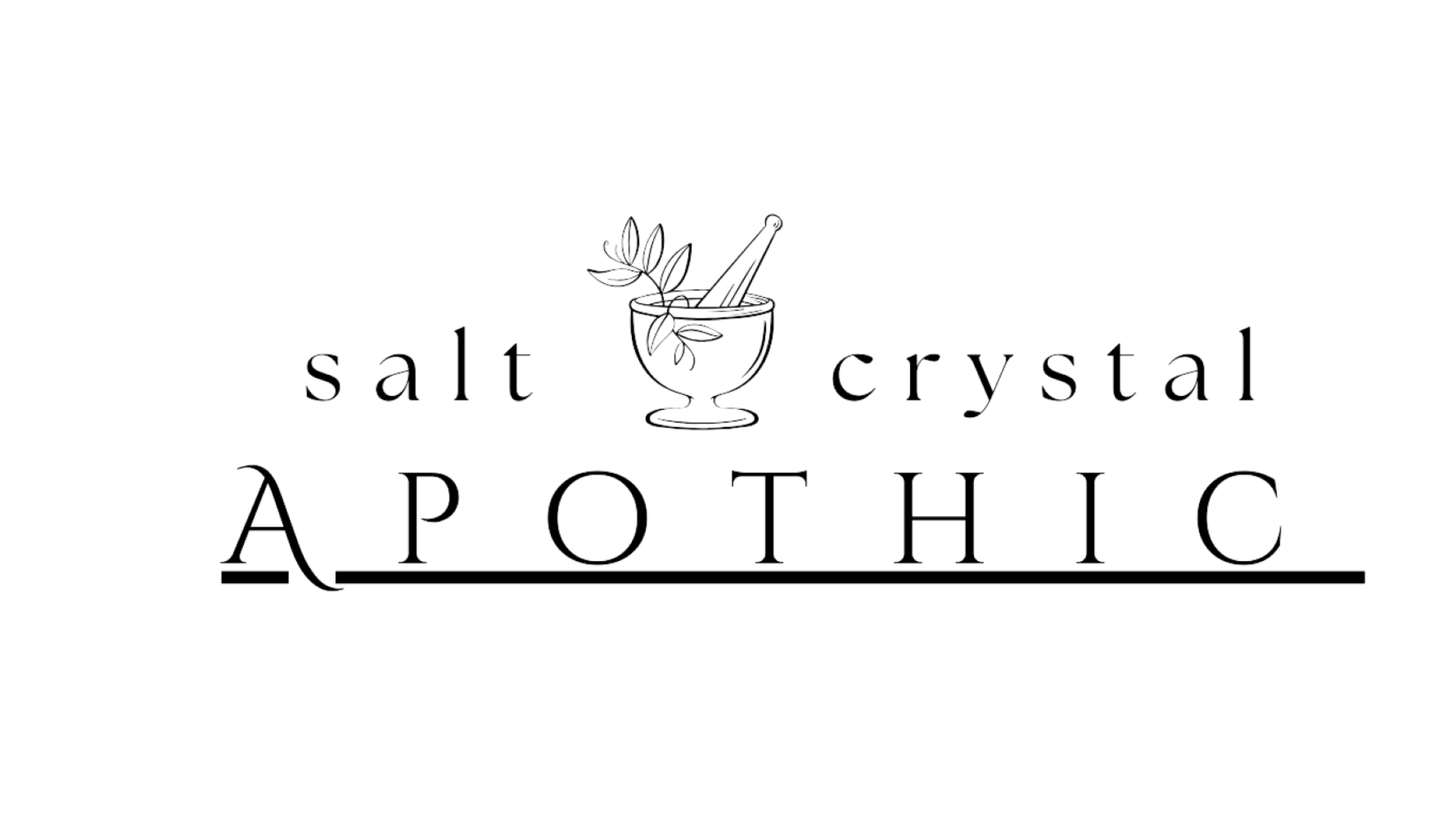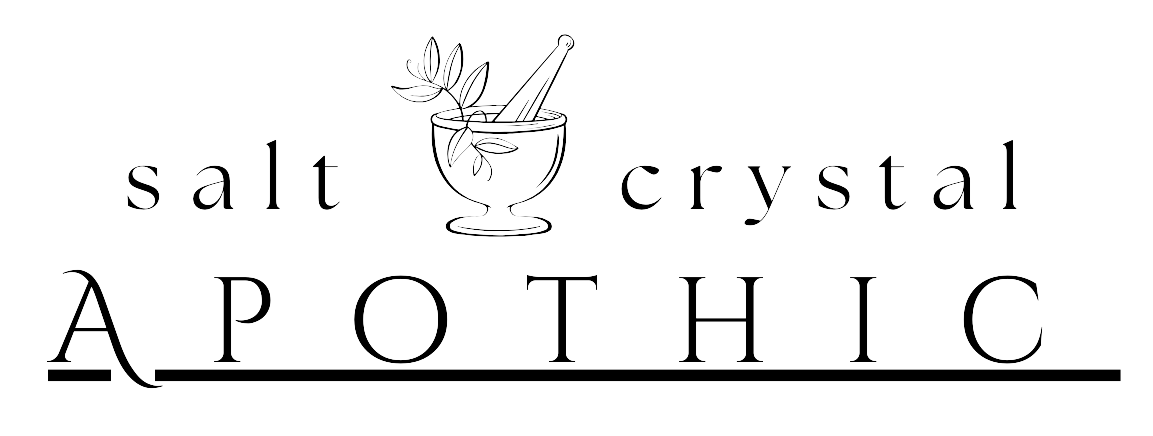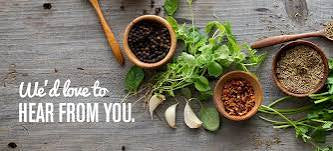9 Herbs for Anxiety Deep Dive.
Anxiety disorders are the most common mental health concern in the United States, affecting an estimated 40 million adults every year—that’s roughly 1 in 5 people. While therapy, lifestyle changes, and (when needed) medication are essential tools, many people also turn to gentle, evidence-backed herbal allies for extra support. These plants don’t “cure” anxiety, but they can help calm the mind, ease physical tension, and create space for better coping—especially when used as part of a holistic approach to well-being.
1. American Skullcap (Scutellaria lateriflora)
Active compounds & mechanisms:
Rich in flavonoids—especially baicalin, scutellarin, wogonin, and others—that may act as GABA-agonists, similar in action to benzodiazepines, offering sedative and anxiolytic effects NCBIWikipedia.
Evidence:
A placebo-controlled RCT (43 healthy volunteers, 350 mg three times daily) showed significant improvements in global mood disturbance with skullcap versus placebo PubMedHerbal Reality.
Safety & demographics:
Though rarely linked to liver injury, reports often involved mixed herbal products or adulterants NCBI. Verywell Health notes limited human data, suggesting avoid use in children, and caution during pregnancy/breastfeeding Verywell Health.
2. Gotu Kola (Centella asiatica)
Active compounds & mechanisms:
Traditionally used for calming and cognitive clarity. Preclinical studies suggest antioxidant and neuroprotective activity, potentially mitigating oxidative stress linked with anxiety and cognitive function Verywell Mind Caring Sunshine.
Evidence:
Human studies for anxiety specifically are limited; promising lab and animal data yet to translate into robust clinical findings.
Safety & demographics:
Often regarded safe in adults when used modestly (e.g., teas or culinary amounts). Use in children lacks sufficient evidence and may warrant caution due to limited pediatric safety data.
3. Lavender (Lavandula angustifolia)
Active compounds & mechanisms:
Contains aromatic terpenes—notably linalool and linalyl acetate—that modulate central nervous system receptors to promote calm and relaxation, especially when inhaled Herbal RealityMedical News TodayResearchGate.
Evidence:
A 2017 review suggests lavender essential oil may help short-term anxiety, though long-term efficacy remains unclear Medical News Today.
Safety & demographics:
Generally safe in adults; studies in children are sparse. Essential oils can cause skin sensitivity—especially in children—so caution and dilution are key.
4. German Chamomile (Matricaria chamomilla)
Active compounds & mechanisms:
Contains apigenin and other flavonoids that bind benzodiazepine receptors, offering mild sedative/anxiolytic effects ResearchGateMedical News Today.
Evidence:
A 12-week study (1,500 mg daily) in those with generalized anxiety found that chamomile may prolong time to relapse and reduce severity if symptoms return Medical News Today.
Safety & demographics:
Widely regarded as safe even for children in tea form. However, team members with pollen allergies—especially to ragweed—may risk cross-reactivity. Interactions with warfarin or cyclosporine are noted Medical News Today.
5. Passion Flower (Passiflora incarnata)
Active compounds & mechanisms:
Exerts sedative and anxiolytic effects as a nervine tonic, often helping quiet repetitive thought and ease racing heart sensations Herbal Reality.
Evidence:
In a small RCT for GAD, passionflower extract matched oxazepam’s anxiolytic effect but had far fewer side effects Herbal Reality. Reviews affirm its safety and efficacy similar to some benzodiazepines Herbal Reality.
Safety & demographics:
Generally well tolerated. Still, it may enhance effects of prescription sedatives—consult a healthcare provider, particularly for children or individuals on CNS-active medications.
6. Lemon Balm (Melissa officinalis)
Active compounds & mechanisms:
Contains rosmarinic acid, known for its antioxidant and anti-inflammatory properties, with mild nervine (calming) effects Verywell Mind.
Evidence:
Popular in nervousness and insomnia blends; direct anxiety trials exist but are less well documented. Long tradition supports mood-lifting, stress-reducing use ResearchGateVerywell Mind.
Safety & demographics:
Generally safe, even for children in teas; few side effects reported.
7. Ginkgo (Ginkgo biloba)
Active compounds & mechanisms:
Flavonoids and terpenoids improve cerebral blood flow, potentially enhancing cognition and reducing mental stress Verywell Mind.
Evidence:
Benefits mostly noted for cognitive impairment; anxiety-specific data is limited. However, improved mental clarity may indirectly ease anxious rumination.
Safety & demographics:
May increase bleeding risk—important for those on anticoagulants. Pediatric data is limited; caution advised.
8. Ashwagandha (Withania somnifera)
Active compounds & mechanisms:
An adaptogen reducing cortisol levels and supporting resilience to stress Medical News Today.
Evidence:
Two small 2019 RCTs: One (250 mg vs. 600 mg vs. placebo for 8 weeks) showed that 600 mg/day significantly reduced cortisol and improved sleep/stress; the lower dose did not Medical News Today. Another (240 mg daily for 60 days) found selective anxiety reduction Medical News Today.
Safety & demographics:
Well tolerated in adults; insufficient evidence in pediatric populations. Preliminary safety in pregnancy/breastfeeding is unclear.
9. (Optional) A Quick Recap Table
|
Herb |
Key Compound/Action |
Evidence |
Kids? |
|
American Skullcap |
Flavonoids → GABA-like effects |
= RCT+traditional |
Not recommended—limited data |
|
Gotu Kola |
Antioxidant, neuroprotective |
Preclinical only |
Insufficient data |
|
Lavender |
Linalool, linalyl acetate |
Short-term relief |
Use topically/mediate; caution |
|
German Chamomile |
Apigenin (benzodiazepine bind) |
RCT evidence exists |
Generally safe |
|
Passionflower |
Nervine, calming, sedative |
RCT comparable to oxazepam |
Cautious use |
|
Lemon Balm |
Rosmarinic acid, antioxidative |
Traditional/supportive |
Generally safe |
|
Ginkgo |
Flavonoids improve blood flow |
Cognitive, indirect anxiety |
Use with caution |
|
Ashwagandha |
Lowers cortisol (adaptogen) |
RCT evidence |
Insufficient data |
Gender- and Age-Specific Considerations
- Children: Most evidence centers on adults. Chamomile stands out as relatively safe (commonly used as tea). Lavender (especially essential oil) can be sensitize children’s skin. Skullcap, ashwagandha, ginkgo, gotu kola lack pediatric safety data—use only under professional guidance, if at all.
- Women vs. Men: No clear sex-based differences in response have been reliably documented for these herbs. Hormonal factors could influence outcomes but remain speculative without targeted studies.
- Pregnancy/breastfeeding: Insufficient safety data for skullcap, ashwagandha, ginkgo, and gotu kola—generally best avoided unless advised by a healthcare provider. Chamomile and lemon balm as culinary teas are commonly used but should still be discussed with a provider.
Final Thoughts — A Warm, Science-Grounded Perspective
Herbal allies can offer gentle support for anxiety, especially in mild cases or as adjuncts. Each of these plants brings unique compounds and mechanisms—whether through GABA modulation (skullcap, chamomile), cortisol regulation (ashwagandha), or nervine soothing (passionflower, lemon balm). Evidence ranges widely: strongest for chamomile, passionflower, and ashwagandha; more modest or preliminary for others.
But evidence gaps remain—especially in children, pregnant individuals, and long-term use. Always check with a trusted healthcare professional, particularly if combining herbs or using medications, to avoid unexpected interactions or side effects.
In craft and intention, these herbs can be small, warm rituals—a calming cup of chamomile, a gentle sniff of lavender—as much as pharmacological aids.
References
- Skullcap mood study & flavonoids as GABA agonists PubMed NCBI Herbal RealityWikipedia
- Stanford practice/traditional insights on passionflower, skullcap, lemon balm, lavender Herbal RealityResearchGate
- Ashwagandha RCTs, chamomile RCT, lavender terpene review Medical News Today
- Gotu kola, ginkgo, lemon balm brain health context Verywell Mind
- Skullcap safety, liver risks, and pediatric guidance Verywell Health
You’re Welcome, Babes.




